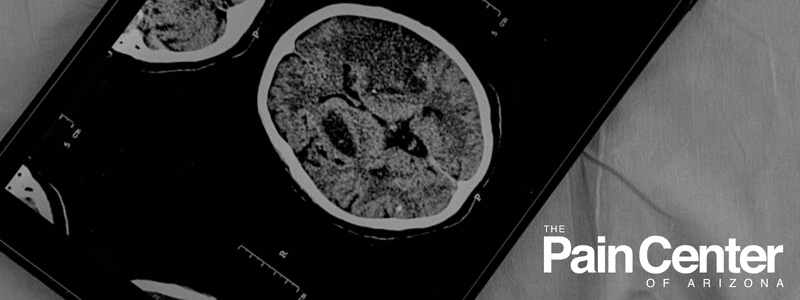
Biofeedback therapy can help improve your health by training you to control certain body functions that usually happen involuntarily.
In this blog, we’ll look at the following:
- How does biofeedback work?
- What is the role of a biofeedback therapist?
- What is the most common form of biofeedback?
- Is biofeedback therapy right for you?
- What does biofeedback therapy treat?
How Does Biofeedback Therapy Work?
Explaining how biofeedback works is tricky because, despite its high success rate, researchers still aren’t exactly sure how it’s so beneficial. Most pain doctors agree that the people who benefit the most have conditions that are brought on or made worse by stress.
Therefore, relaxation is the key to successful biofeedback therapy. Chronic stress causes blood pressure to become overactive, but with the help of a biofeedback therapist, you can learn to control your blood pressure with relaxation techniques and mental exercises.
To see the full biofeedback results, a behavioral therapist (such as the one we have on staff at The Pain Center of Arizona) will help you learn to change your heart rate or blood pressure. Our expertly trained pain management specialists attach electrodes to your skin during biofeedback sessions.
The electrodes then send information to a monitoring box that translates the measurements into a tone that varies in pitch, a visual meter that varies in brightness, or a computer screen showing lines moving across a grid.
What is the Role of a Biofeedback Therapist?

Your biofeedback therapist will lead you in mental exercises, and soon you can learn to identify the cognitive behaviors that bring about the physical changes you want. Sessions generally last less than an hour, but the number of sessions required depends on the condition being treated. Results may be seen within 8-10 sessions.
What is the Most Common Form of Biofeedback?
Three types of biofeedback are the most commonly used among pain specialists. The first, electromyography (EMG), measures muscle tension. Thermal biofeedback measures skin temperature. Neurofeedback, or electroencephalography (EEG), measures brain waves and brain activity.
Is Biofeedback Therapy Right for You?

So how do you know if biofeedback is the right choice for you? The number of conditions biofeedback helps treat is endless. Because of the lack of side effects, many people choose biofeedback over drugs. Not only is biofeedback effective in adults, but children can also reap the benefits.
What Does Biofeedback Therapy Treat?
Studies have shown improved behavior in children with attention deficit hyperactivity disorder (ADHD), migraines, and chronic headaches after going through biofeedback. Research shows that biofeedback helps treat physical and mental health issues including:
- Fecal incontinence
- Urinary incontinence
- Insomnia
- Depression
- Diabetes
- Back pain
- Anxiety
- Head injuries
- Muscle contractions and spasms
There are many other conditions biofeedback treats as well. If you’re suffering from chronic pain due to a condition or injury and feel this might be the right treatment, please do not hesitate to call The Pain Center of Arizona.
Published On: May 3, 2012
Updated On: March 2, 2023




